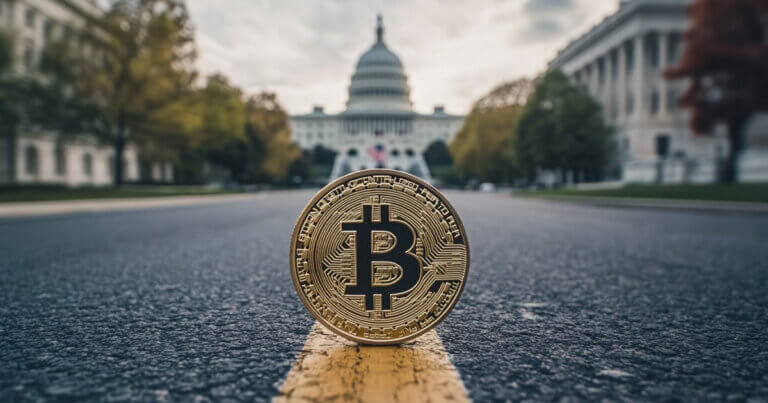South Korea is set to enforce stringent regulations on digital asset trading by implementing the Virtual Asset User Protection Act and the Virtual Asset Industry Supervision Regulations, scheduled for July 19. The Financial Service Commission (FSC) announced the enactment date after a legislative notice on January 22, aiming to enhance the integrity of the cryptocurrency market and protect investors from fraudulent practices.
The upcoming regulations will introduce severe penalties for offenses such as market manipulation, insider trading, and unauthorized transactions in the digital asset space. These measures underscore South Korea’s commitment to curbing illegal activities in the cryptocurrency sector and ensuring a safer trading environment for investors.
Harsher penalties for offenders
Under the new framework, individuals found guilty of manipulating the market or using undisclosed information for personal gain will face stringent consequences. The penalties include imprisonment for a minimum of one year and fines ranging from three to five times the value of the illegal profit gained from such activities. In cases where the illegal profits surpass 5 billion won (approximately 4 million USD), violators could face penalties up to twice the amount of the illicit gains and even life imprisonment.
This move is part of a broader effort by South Korean regulators to reduce the incidence of illegal trading activities and establish a more transparent and secure digital asset market. The FSC and other regulatory bodies will play a crucial role in supervising compliance and investigating potential violations within the industry.
South Korea tightens rules on crypto exchanges
The new regulations also set forth requirements for digital asset exchanges, mandating that these platforms ensure the safety of user assets by maintaining reserves equivalent to at least 5% of the value users deposit. This rule bolsters investor protection, especially in platform failure or financial instability. Additionally, it exempts assets stored offline or by firms with sufficient reserves to mitigate potential risks.
Cryptocurrency companies are now required to manage trading assets through banks, promoting wider regulatory compliance and enhancing the security of investor funds. A significant measure to prevent cyber theft includes the mandate for exchanges and related entities to store 80% of user assets offline, addressing the vulnerabilities exposed by past hacking incidents that resulted in substantial financial losses.
As South Korea continues refining its digital asset regulatory framework, these developments signal the government’s proactive stance in addressing the challenges and risks associated with the rapidly evolving cryptocurrency market. By imposing stricter penalties and enhancing compliance requirements, South Korea aims to foster a more secure and reliable digital asset ecosystem for investors and market participants.





